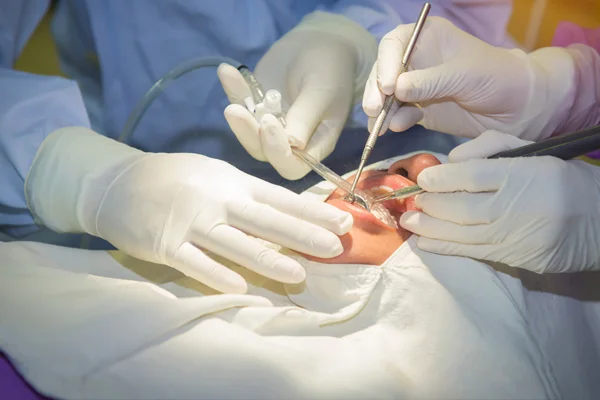Emergency Dental Services
Don’t Wait. Call Us Now.

Call Us Now
At Billings Family Dentistry, we understand that dental emergencies can happen at any time, and the sooner you address them, the better. Whether it’s a sudden toothache, a chipped tooth, or any other urgent dental issue, delaying treatment can lead to more serious problems. Our dedicated team is ready to provide prompt, effective care to relieve your pain and prevent further complications. Don’t wait – call us now and make an appointment for the immediate help you need. Your smile deserves the best, especially in an emergency.
Possible Emergencies
A tooth is knocked out.
A tooth is broken or chipped.
A tooth is out of alignment or position.
There is uncontrolled bleeding.
Sudden and severe tooth pain.
Dental abscess that isn’t improving.
Nitrous Oxide Gas
To help make your visit as comfortable as possible, we offer nitrous oxide gas, often referred to as “laughing gas.” The gas is administered through a small mask placed over the nose. The patient breathes in through their nose and out through their mouth. Within thirty seconds to four minutes, the patient will begin to feel relaxed and comfortable. At that point, if necessary, the doctor can administer an anesthetic or injection.
The nitrous oxide is then turned off, and the patient breathes pure oxygen for five minutes or until the effects of the sedation are fully reversed. After the procedure, most patients can leave the office without the need for an escort. Nitrous oxide may cause nausea in some patients. It is not recommended for patients with blocked nasal passages or claustrophobia, as it may not be effective.